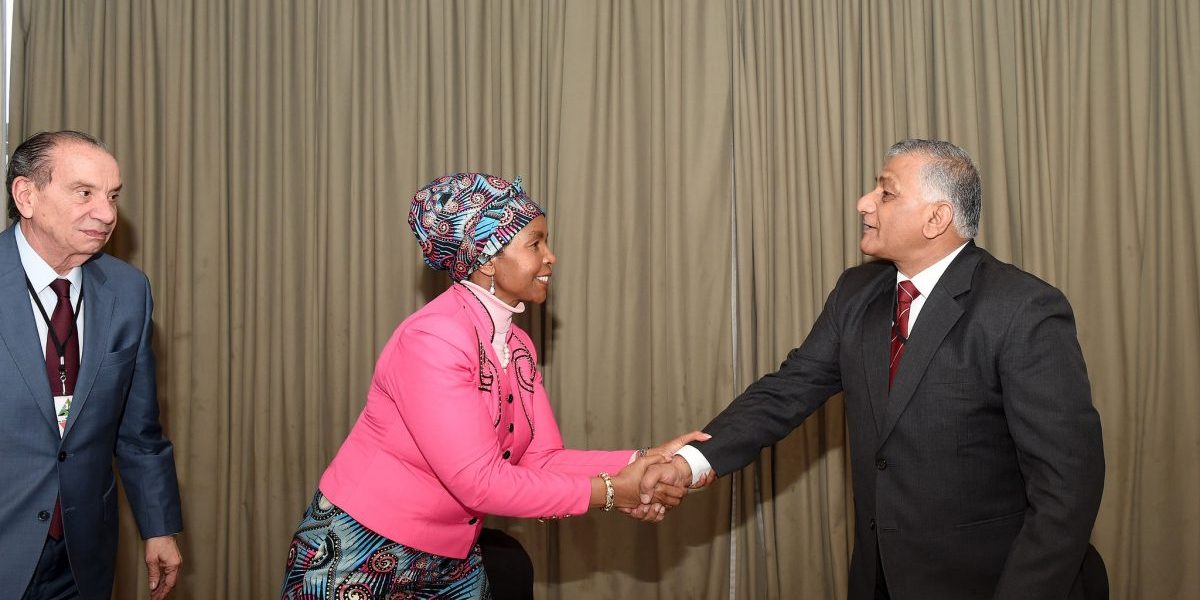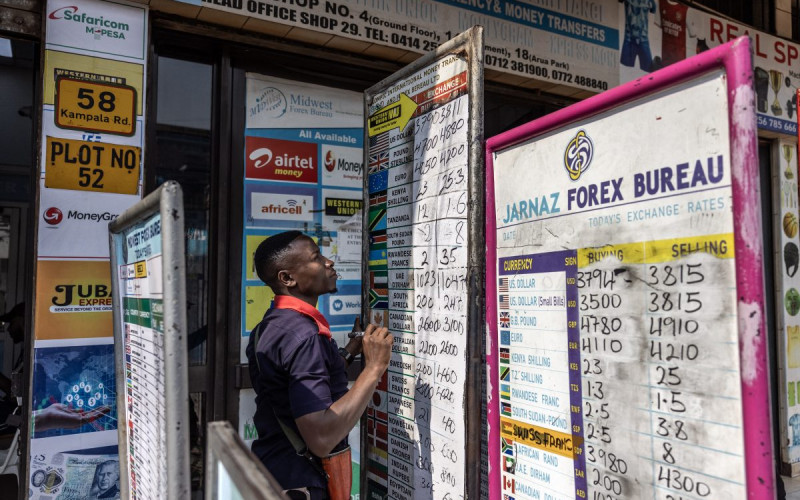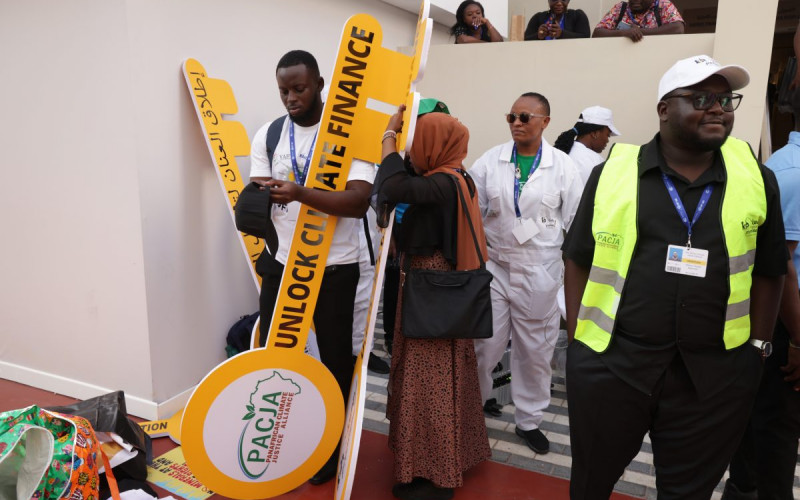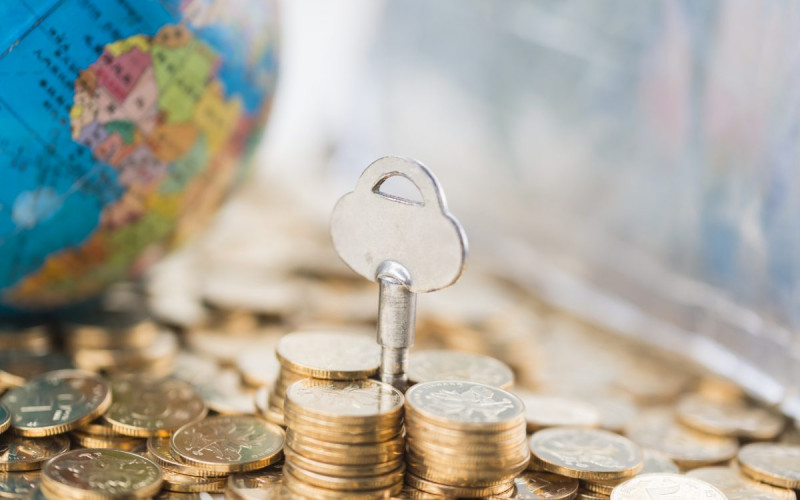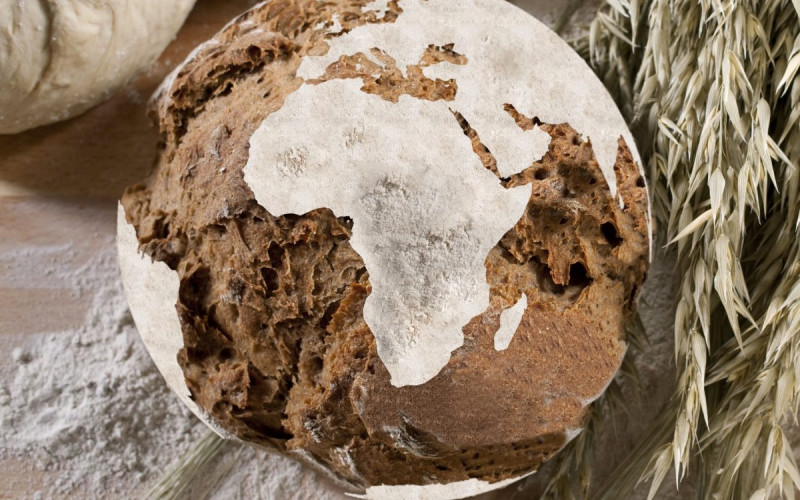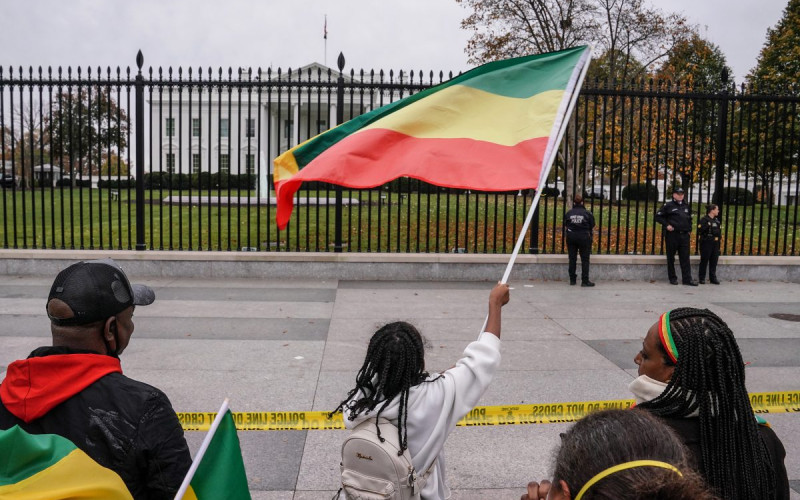Nine months ago, as the G8 heads of state gathered in Evian, France, for what many regard warily as an annual pageantry of Northern political and economic dominance, another, quieter meeting unfolded. There, in the same manicured 13th century town on the stepped shores of Lake Geneva, the leaders of three Southern giants sealed a new pact to combine their strengths and try to tip the global scales back into balance.
The India-Brazil-South Africa Dialogue Forum rests on grand principles: respect for international law; eradication of poverty, disease and social injustice; and globalisation that is more inclusive, humane and equitable. IBSA’s formation had a galvanising effect in Cancun, Mexico, few months later, an emergent bloc of developing nations scuppered a US–EU backed deal in international trade negotiations.
Since then, however, IBSA has had negligible impact: The three countries have not yet established the policies and programmes that will define their new partnership. Now that time may have come. Broad ministerial delegations from all three countries, which have a combined annual GDP of $1.1 billion – 3% of total global economic output – were due to meet in New Delhi on 4-5 March 2004 to translate lofty ideals into tangible initiatives.
Discussions were expected to follow two main tracks: Mutual cooperation in health, defence and trade, on the one hand, and collaboration to bolster Southern influence on economic and security concerns in the World Trade Organisation and UN on the other.
Sceptics are plentiful. Trade experts note that in a fractured global economic environment, bilateral deals with wealthier Northern partners are paramount. Some non-Western countries feel that the IBSA three are pushing their weight around without a mandate. And policy insiders doubt whether they can truly lower their barriers to each other.
‘All three countries are essentially competitors for export share to developed markets,’ said Dirk Ernst van Seventer, senior economist at Trade and Industrial Policy Strategies, a Johannesburg think tank. ‘So exactly what kind of cooperation are they talking about? Are these countries prepared to make real sacrifices in trade between themselves? The greatest benefits of harmonisation would be opening their markets to each other. But benefits at present seem to be more political than trade-related.’
In the 15 years since the end of the Cold War, the axis of global ideological confrontation has gradually shifted from East vs. West to North vs. South – from communism vs. capitalism to haves vs. have-nots. Emerging just weeks after the US-led toppling of Saddam Hussein in Iraq, IBSA reflected the developing world’s anger over what it saw as illegal aggression by an arrogant super-power.
The leaders of the three states have positioned themselves as champions of a rising South. Under Prime Minister Atal Bihari Vajpayee, India is resurgent economically and strategically. Brazilian President Luiz Inácio Lula da Silva dreams of a powerful southern free trade area to rival NAFTA or the EU. President Thabo Mbeki of South Africa envisions an African Renaissance.
A week after Evian, foreign ministers from the three countries signed the Brasilia Declaration, formalising a growing affinity. Since then, trilateral meetings have mushroomed. At a preparatory meeting for New Delhi (held in Brasilia in February), officials stressed the need to develop specific projects for cooperation in nine key areas such as defence, trade and investment and science and technology. Representatives of the three states acknowledge the need to combat hunger and poverty.
The bloc’s potential and cohesion are evident. South Africa’s trade with India and Brazil has grown 1,334% and 268% respectively during the past decade. Between Brazil and India, trade has grown 450% over the same period. Brazil has the largest African community outside the continent. India’s relationship with South Africa dates back to well before 1893, when a young lawyer named Mohandas Gandhi first arrived in the country.
The New Delhi meeting, the governments hope, will deepen the institutional relationship among the three countries. ‘The meeting will be vital because it will start to put the meat on the bones of IBSA,’ said Banashree Harrison, India’s Deputy High Commissioner to South Africa. ‘The foreign ministers have spearheaded the process, but they are not the experts on science and technology or shipping routes. It is thus up to other departments to network. Both South Africa and India took big composite delegations to Brasilia, not just from foreign affairs. We’re still not yet at the project stage, but at least we are identifying the sub-areas where greater cooperation will happen.’
Policy-makers within the three countries stress that the partnership is still in its formative phase. ‘I wouldn’t want to try to quantify achievements,’ said Linda Shongwe, coordinator of IBSA activities in the South African Department of Foreign Affairs.
But close to a year after Evian, the triumvirate’s lone visible success is in trade negotiations. The IBSA countries were instrumental in brokering a deal in August 2003 allowing poorer countries to override international pharmaceutical patents. Along with China, they mobilised a new bloc of developing states to reject a wide-ranging global trade agreement proposed jointly by the US and European Commission at the WTO meeting in Cancun in September 2003.
The G20+, as the new bloc was called, emerged triumphant but hasn’t held together well since. In the absence of viable multilateral talks, the global trade environment has become fragmented. (Bilateral agreements are now para-mount.) Already, Washington has forced six Latin American countries to distance themselves from the bloc. China has aggressively pursued its own trade interests unilaterally. Even in South Africa, talks between the US and the five-nation Southern African Customs Union are more pressing than giving shape to IBSA.
The three-way pact, furthermore, has aggravated suspicions among African countries about South Africa’s power and priorities. When Mbeki jetted off to Brazil for Lula’s inauguration in January 2003 rather than attending ceremonies marking the landmark peaceful transfer of power from Daniel arap Moi to Mwai Kibaki in Kenya at the same time, not a few Africans wondered about his commitment to the renaissance he promotes.
Nor were many non-Western leaders impressed when Brazilian Foreign Minister Celso Amorim recently dubbed the IBSA states ‘natural candidates’ for permanent seats on the UN Security Council. Nigeria and Egypt, unwilling to cede their own aspirations to be global powerbrokers, are vying independently for permanent seats on the Council.
‘The problem comes when South Africa wants to decide for all of the developing world,’ said Hagar Islambouly, Egyptian Ambassador to South Africa. ‘It cannot fly the flag of the whole group until those positions are endorsed by the whole group. We ask: Are three countries enough to represent the developing world? Do you want to tell me that Pakistan, Indonesia and Malaysia are not important Asian countries in the G77? Is it only India?’
Some states worry about the exclusionary nature of IBSA’s membership. ‘Nami-bia welcomes anything that helps the poor put their case … and representing the poor is one of Mbeki’s favourite pastimes,’ said Robin Sherbourne, a director of the Institute for Public Policy Research in Windhoek. ‘But we’re also close to Brazil, India and China, after all.’
But others, including big players like China, Russia and Iran, reputedly want in. ‘There has been a lot of interest so far,’ said Juan Omeda Genefio, the IBSA point-man in Brazil. ‘From our side, we’re not inviting anyone at this stage.’ Shongwe agreed: ‘Expansion would be a political decision.’
IBSA supporters remain quietly optimistic. ‘IBSA’s an effective practical method of cooperation, by three countries that count, with weight in the international community,’ says Shiv Mukherjee, Indian High Commissioner to South Africa. ‘But to succeed, and not to stutter away into routine annual meetings that achieve nothing, depends on political will. There is a huge level of enthusiasm and commitment to IBSA at the highest levels of leadership. Just let IBSA run its course, and if it works, the benefits could be tremendous.’

